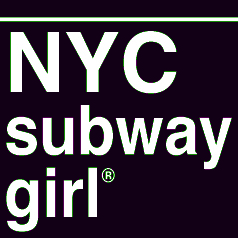I am all about supporting Busking. NYCSubwayGirl has a For Buskers section where I share useful information about busking in NY. City Lore and BuskNY have been incredible supporters of the right to Busk. I hope you can make it to this event celebrating 30 years legal precedent for the First Amendment right to Busk. The April 2nd event is the beginning of many celebrations to come throughout the year.
Busking at 30: Sounds and Stories from the Underground
April 2 @ 7:00 PM - 9:00 PM
7pm start time. Doors at 6:30pm.
Suggested donation of $5 at the door.
City Lore citylore@citylore.org
56 E. First Street New York, NY 10003 212.529.1955
With the recent rise in street performer arrests and harassment, Busking at 30 aims to highlight the importance of this underground culture and what it brings to the diverse and vibrant culture of New York City.
The program will feature a history of busking in New York City through vignettes and songs from historical performers of the 1980s, 1990s, and 2000s, as well as a headline performance by one of the subway’s biggest stars, Morgan O’Kane , banjo virtuoso and activist. Other performers include Busker Ball producer Theo Eastwind ; classical guitarist Lloyd Carew-Reid, whose advocacy group Subway Troubadours Against Repression led the MTA to formally address performers’ rights in its post-1989 rules; and Roger Manning , the guitarist whose historic 1985 legal challenge opened the subway to artistic performance.
30 years after the first case to explicitly recognize New Yorkers’ First Amendment right to artistic expression in the subway, BuskNY and City Lore are pleased to announce Busking at 30: Sounds and Stories from the Underground, an evening that celebrates and advocates for the enduring art form that has long given voice to the city’s wealth of musical traditions and genres.
Busking at 30 is the first in a series of events leading up to a summer busking festival in celebration of the August anniversary of the People v Manning case, which was the first step in the legalization of subway performance that culminated in 1987.

